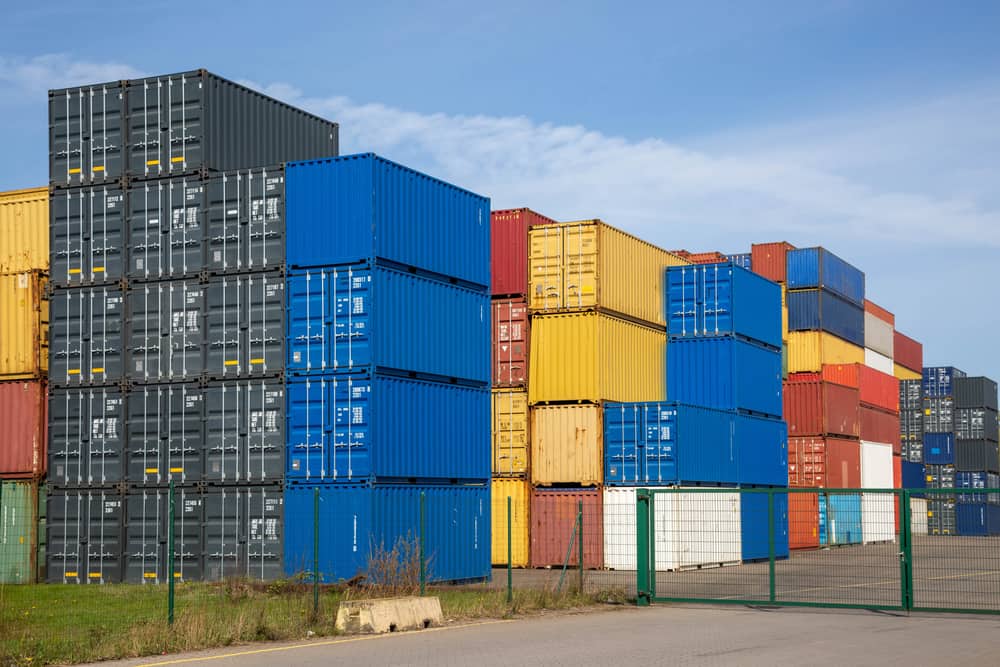What is an LCL shipment?
Less than Container Load (LCL) is a term used to describe the transportation of small ocean freight shipments not requiring the full capacity of an ocean container. This shipment is usually less than 20 CBM (cubic meters.)
What are the charges for an LCL shipment and how are LCL shipment freight rates determined?
- Ocean freight: the base rate for ocean freight. Weight or Measure (W/M) usually based on per 1,000 KGs or 1,000 M3, whichever is greater.
- Terminal handling charge: container handling at the port or consolidation warehouse. Weight or Measure (W/M) usually based on per 1,000 KGs or 1,000 M3, whichever is greater.
- Documentation: it can be multiple items for different documentation (e.g. shipping line Bill of Lading, House Bill of Lading, etc.) Documentation fee may be considered per shipment.
- Security: A surcharge for additional security measures usually imposed by the port.
- Customs Clearance: Production and lodging of customs declaration.
- Inland Haulage: Haulage from the shipper to the exporter warehouse or port of exit. Inland Haulage can include the ocean freight rate or Weight/Measure (W/M) usually based on per 1,000 KGs or 1,000 M3 whichever is greater.
What is Freight All Kinds (FAK)?
Freight All Kinds (FAK) is a pricing system that combines different classes of shipments into a given classification. Freight rates are applicable to all types of goods and therefore are not restricted to a particular commodity. In other words, a group of shipments are put together to be transported as a single shipment and freight is charged using a unique rate.
Why use FAK?
There are several advantages of FAK, including:
- The FAK rate groups multiple classes of freight into a single class. So the steamship line/carrier is able to process without re-classifying items.
- Shippers can ship multiple types of products in the same skid so they can reduce costs.
- It reduces documentation and billing errors since there is less classification.
- FAK is equal for all classes. For example, if you ship two kinds of classes (class A and class B) and are negotiating an FAK rate C, you would pay higher for class A>C, and get a discounted rate B>C. This would be a fair tradeoff and welcomed.
- FAK is a good solution for a company if it ships many different items, a wide variety of items, and lower classes.




